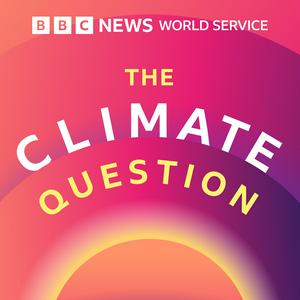Fear, anxiety, sadness, anger, dread and powerlessness are some of the many emotions associated with what’s called climate anxiety.
A global survey of 10,000 young people aged between 16–25 years, found that 60% were very worried about climate change, and nearly half said that their anxiety negatively effects their daily life.
Psychologists say these are rational responses to our changing climate, experienced in many different ways around the world.
Graihagh Jackson asks how people can manage these difficult emotions and whether climate anxiety itself can be motivational.
Graihagh chats to:
Svetlana Chigozie Onye who leads the Eco-anxiety in Africa Project, which looks at the mental health impact of climate change and solutions across Africa.
Dr Daniella Watson, Chartered Health Psychologist and a Research Associate at the The Climate Cares Centre, Imperial College London.
Got a question you’d like us to answer? Send an email to:
[email protected] or whatsapp us on +44 8000 321 721
Presenter: Graihagh Jackson
Production Team: Diane Richardson, Nik Sindle, Maria Ogundele
Sound Engineers: Jonny Hall and Tom Brignell
Editor: Simon Watts
Image Credit: Dried up dam. Mike Hutchings, Reuters.


